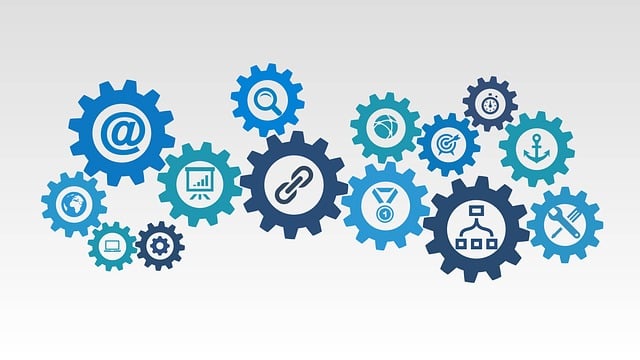AI-powered soil moisture monitoring is transforming agriculture by providing real-time data on plant needs, enabling farmers to optimize irrigation and reduce water waste. This technology also facilitates AI customer segmentation for fertilization plans by identifying variations in soil health across fields, allowing tailored fertilization applications. By analyzing microclimates and plant requirements, AI offers precise segmentation and customized fertilization recommendations, enhancing resource efficiency, boosting crop yield and quality, and promoting sustainable farming practices.
“Revolutionize farming with AI landscaping and real-time soil moisture monitoring—a game-changer in agriculture. This advanced technology promises to optimize crop yield through precise fertilization plans, benefiting farmers worldwide.
Our article explores the benefits of AI-powered soil moisture tracking, its applications in various farming scenarios, and how it drives successful fertilization strategies. By understanding customer segmentation for fertilization plans enhanced by AI insights, farmers can make data-driven decisions, ensuring healthier crops and increased productivity.”
- Understanding AI-Powered Soil Moisture Monitoring: Benefits and Applications
- Customer Segmentation for Fertilization: Leveraging AI Insights for Optimized Crop Yield
- Integrating Real-Time Data: Enhancing Fertilization Plans with Precise AI Analysis
Understanding AI-Powered Soil Moisture Monitoring: Benefits and Applications

AI-powered soil moisture monitoring is transforming agricultural practices by offering precise, real-time data on plant needs. This technology leverages machine learning algorithms to analyze sensor readings from the soil, providing insights into moisture levels that were previously unattainable with traditional methods. By understanding soil conditions down to a granular level, farmers can optimize irrigation schedules, reduce water waste, and enhance overall crop yield.
One of the key benefits lies in its ability to facilitate AI customer segmentation for fertilization plans. By monitoring moisture levels across different areas of a field, farmers can identify variations in soil health and tailor fertilization applications accordingly. This precision approach ensures that plants receive optimal nutrition, leading to healthier growth and better harvests. Additionally, real-time data enables proactive decision-making, allowing farmers to respond swiftly to changing environmental conditions and maintain sustainable farming practices.
Customer Segmentation for Fertilization: Leveraging AI Insights for Optimized Crop Yield

AI-driven customer segmentation for fertilization plans is transforming agriculture by providing precise, data-backed insights into soil health and crop needs. By analyzing real-time soil moisture monitoring data alongside other environmental factors, AI algorithms can identify specific microclimates within a field or even individual plants that require tailored care. This granular understanding enables farmers to create hyper-local fertilization plans, ensuring optimal nutrient delivery and maximizing yield potential.
For example, an AI system could detect that a section of a farm experiences drying conditions earlier than the rest, indicating a need for more frequent or targeted irrigation and fertilization. Similarly, it might identify areas with higher pH levels or specific nutrient deficiencies, allowing farmers to apply targeted amendments precisely where they’re needed. This approach not only enhances crop health but also promotes sustainability by minimizing the overapplication of fertilizers, reducing environmental impact, and contributing to healthier soil ecosystems.
Integrating Real-Time Data: Enhancing Fertilization Plans with Precise AI Analysis

Integrating real-time data from soil moisture sensors, AI can analyze and predict plant health with remarkable accuracy. This capability transforms traditional fertilization plans into a precise science. By understanding specific moisture levels, microclimates, and plant requirements, AI algorithms can segment customers’ needs effectively. For instance, it can tailor fertilization recommendations for different crops or areas within a farm, ensuring optimal resource utilization. This level of customization enhances both crop yield and quality while minimizing environmental impact by preventing over- or under-fertilization.
The technology allows farmers to make data-driven decisions, enhancing their ability to manage resources efficiently. AI can also integrate historical weather data and soil type information to create dynamic models that adapt to changing conditions, providing continuous support for optimal plant growth. This real-time analysis is a game-changer in precision agriculture, promising increased sustainability and profitability for farmers worldwide.
AI-driven soil moisture monitoring is transforming agriculture by offering precise, real-time data that enables farmers to optimize fertilization strategies through intelligent customer segmentation. By leveraging these advanced insights, farmers can enhance crop yield, reduce waste, and contribute to more sustainable farming practices. Integrating AI into fertilization plans ensures that every field receives the exact nutrients it needs at the optimal time, paving the way for a greener future in agriculture.
